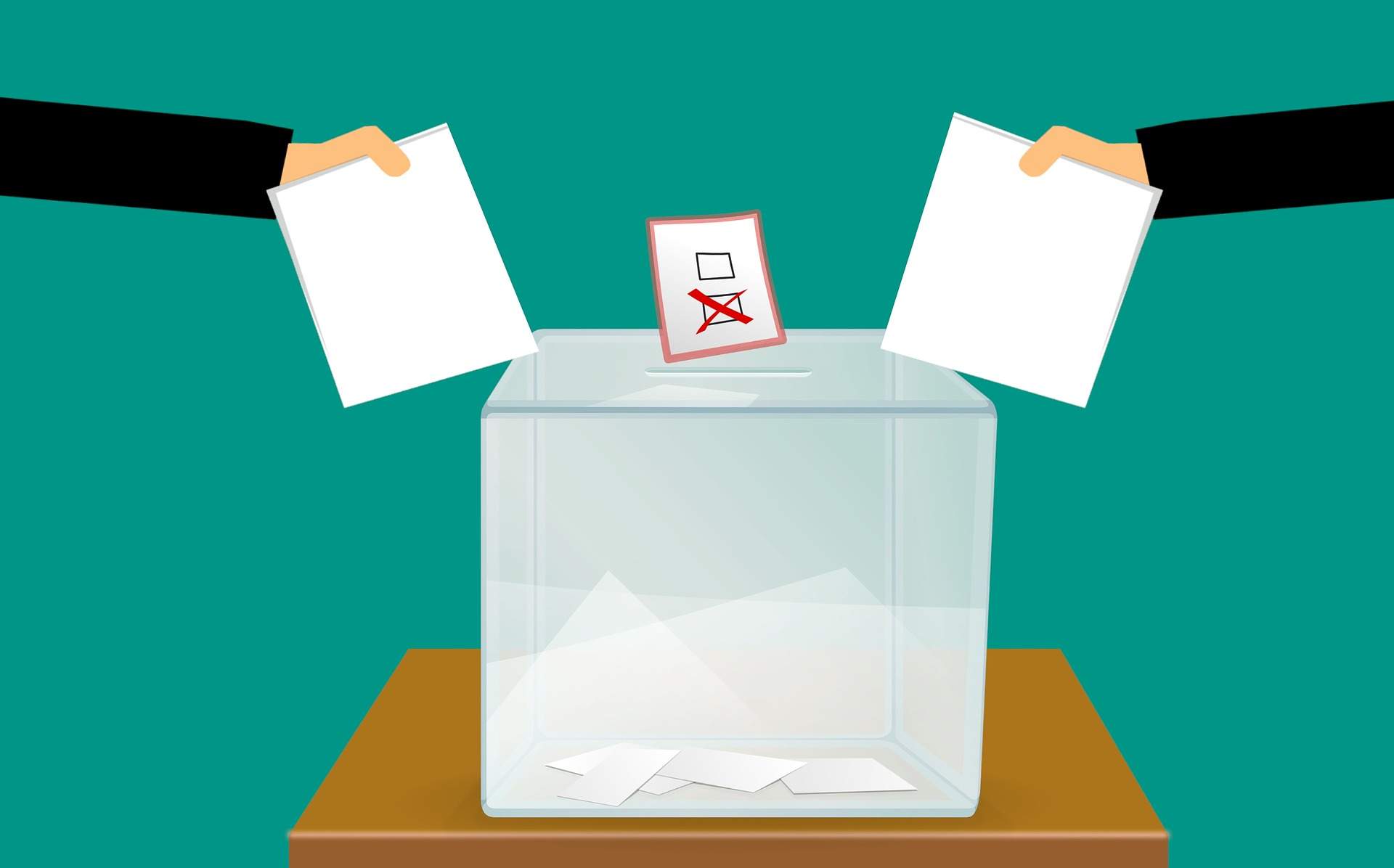Stricter voting rules with a rushed rollout of tougher restrictions is what Texas faced with early voting morning this morning. It was regarding 2022’s first primary. There was a return of hundreds of mail ballots. Republicans are dealing with a really clumsy debut of voting rules. In fact, they are tightening across the U.S. over this past year. It would be in the name of election security.
Stricter Voting Rules – More than Two Million Voters
“Therefore, Monday is really going to be a big day for all of us to see how this plays out,” said Isabel Longoria. She is the elections administrator for a local county. This would include another city in Texas and more than 2 million voters. “There is a sense of uncertainty,” she said.
Sweeping Law
In Republican-leaning counties, election officials have also expressed frustration as well as confusion over the changes they say they have really scrambled to implement since Republican Governor Greg Abbott in September did sign a sweeping law. He said it would make it “easier to vote and harder to cheat.” Also, for hundreds of Texas voters whose mail ballots and ballot applications have been rejecting in recent weeks. That is actually not the case.
Local election officials have announced just days before the first votes were, in fact, cast in person. Actually, 40 percent of the mail ballots were actually receiving so far. They had already been sending back. This is mostly because they did not include requiring identification and signatures which are now mandated under Texas law.
Holding Elections
Moreover, Texas is among at least 18 states that are going to hold elections this year. In fact, it is heightened restrictions. They are an outgrowth of former President Donald Trump’s repeating false claims the 2020 election was taking. Then, the Republicans have rejected the Democrats’ protests. It is that the changes would disenfranchise voters, specifically minorities.
However, Texas has had far less time than any other state to complete the work of changing how elections are actually running. It is because of its especially early primary March 1. That is two months before the next states, Indiana and Ohio, go to the polls in May.




